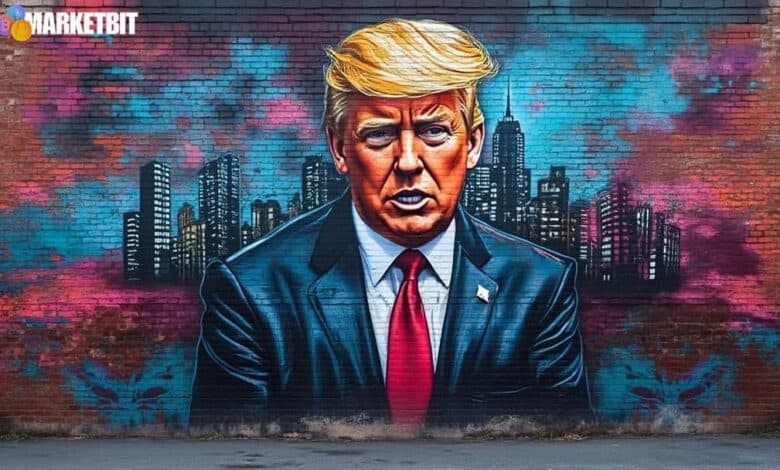Trump Ends De Minimis Exemption, Targets E-commerce Trade

- Trump ends exemption, impacts e-commerce and foreign sellers.
- Projected $10 billion in annual tax revenue.
- No direct crypto market impact currently observed.
President Donald Trump officially terminated the de minimis exemption for low-value imports into the U.S., on August 29, 2025, affecting shipments previously valued under $800 with new tariffs and fees.
The policy, targeting e-commerce, could shift merchant preferences towards cryptocurrency payment solutions as cross-border sales face higher costs.
President Donald Trump has officially ended the de minimis exemption, impacting low-value imports into the U.S. Previously, goods below $800 were exempt from tariffs. Now, e-commerce platforms and international sellers must comply with new tariffs and fees, as outlined in the CBP’s proposed rule to strengthen enforcement and duty limitations.
The action involves key figures, including Donald Trump and Peter Navarro, Senior Counselor for Trade. Trump aimed to bolster U.S. businesses by reducing foreign competition. The removal affects platforms like Temu and Shein, which relied heavily on this exemption. Trump’s suspension of de minimis exemption enhances national security.
This policy reshapes the market by imposing new costs on imported goods. E-commerce platforms face increased operational costs potentially passed to consumers. The shift pivots existing business models, demanding adaptation from previously exempt companies.
Projections estimate $10 billion in annual tax revenue following the elimination. Politically, this move aligns with previous trade strategies aimed at supporting U.S. industries. Socially, it may affect consumer access to inexpensive goods from abroad. Peter Navarro stated, “The move would add up to $10 billion in tax revenue and help ‘save thousands of American lives by restricting the flow of narcotics and other dangerous and prohibited items.’
Industry experts suggest potential setbacks for cross-border trade efficiency. No immediate effects noted on crypto assets like ETH or BTC. The policy does not target digital currencies, focusing instead on physical goods and e-commerce transactions.
While the direct crypto impact remains negligible, crypto payment processors might see increased interest. Rising costs in fiat settlement encourage exploring alternatives. Historically, tariff changes affect logistics, but not on-chain activities, reinforcing crypto’s indirect influence.





